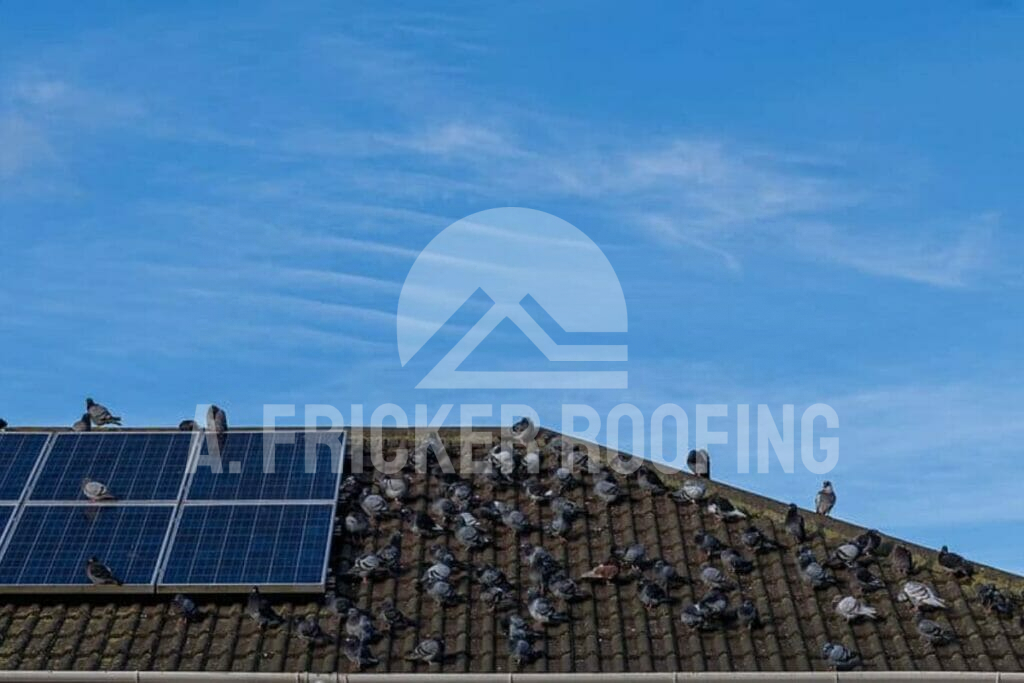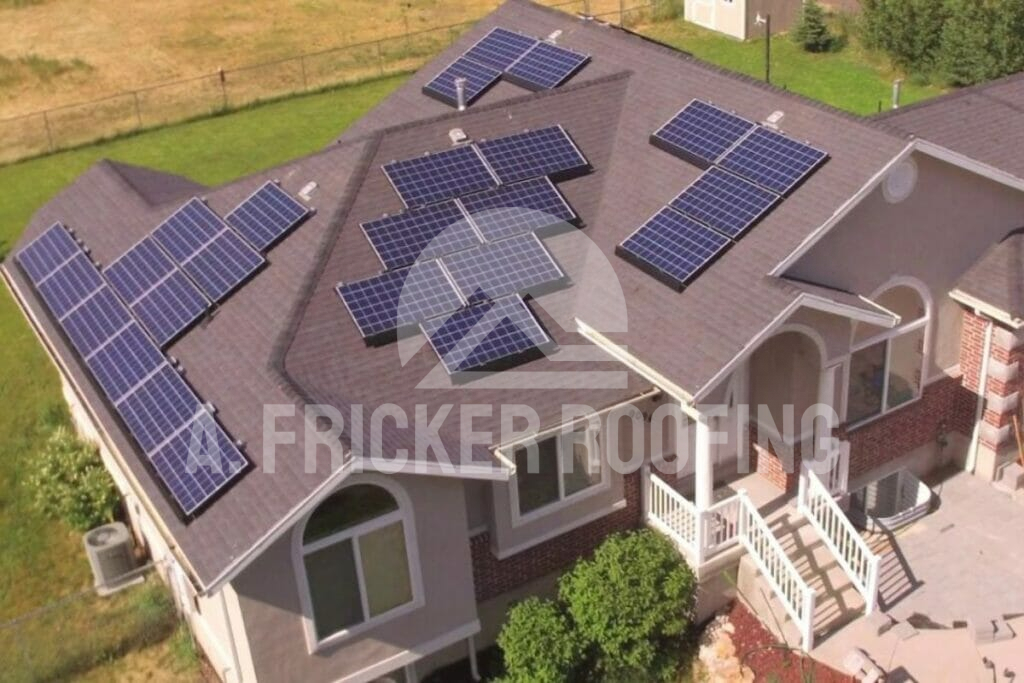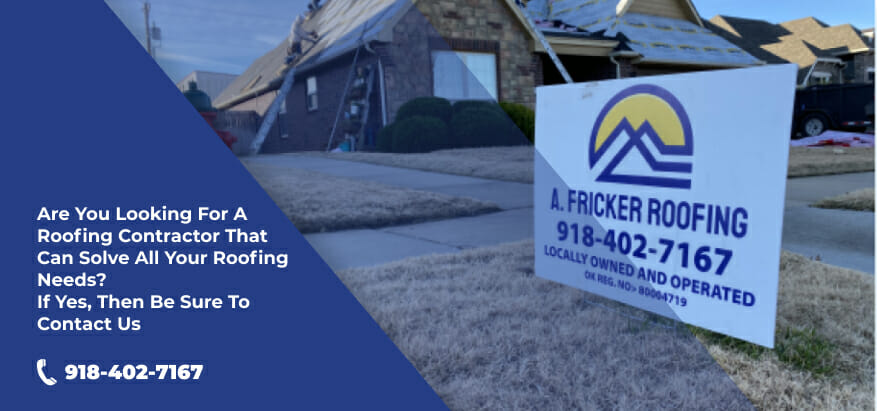Solar panels are a popular choice for homeowners looking to reduce their carbon footprint and save on energy costs. However, installing solar panels on roofs can come with its own challenges and potential problems. In this comprehensive guide, we will explore the nine most common problems that can arise from solar panel installation on roofs, and provide practical solutions to address each one. From roof damage to weight concerns, we will cover it all. So, let’s dive in and learn how to navigate the potential pitfalls of installing solar panels on your roof.
1. Roof Damage
One of homeowners’ main concerns when considering solar panel installation is the potential for roof damage. While solar panels themselves will not inherently damage your roof, an improper installation can lead to problems down the line. It is crucial to ensure that the installation is done correctly by a professional, or with thorough research and proper planning if you choose to do it yourself.
Issues such as leaks, broken tiles, and structural damage can occur if the panels are not installed properly. To avoid roof damage, working with experienced installers who understand the intricacies of solar panel installation is essential. They will know how to secure the panels without compromising the integrity of your roof. Additionally, regular inspections and maintenance can help identify and address any potential issues before they become major problems.
Also Read: The Best Roof Sealants For Leak Repairs In 2023: Reviews and Costs
2. Additional Weight
Solar panels can add significant weight to your roof, so it is crucial to ensure that your roof can support the additional load. Before installing solar panels, it is essential to have a professional assess the structural integrity of your roof and determine its weight-bearing capacity. This will help prevent any potential issues, such as sagging or structural damage, that may arise from the added weight of the panels.
This is why many roofers prefer replacing traditional asphalt shingles with compost shingles when installing solar panels since the durability of composite shingles is more than that of asphalt shingles.
Check out our detailed blog post: Asphalt Shingles vs. Composite Shingles: Which Is Right For Your Home?
Additionally, if your roof is already showing signs of wear or damage, it’s necessary to address those issues before installing solar panels. Repairing or replacing any damaged areas will help ensure that your roof is in optimal condition to support the weight of the panels.
3. Nesting And Pest Infestation

Solar panels can create a cozy space for birds and other pests to nest. While this may not seem like a significant issue, it can lead to damage and potential electrical hazards. Birds’ nests and debris can accumulate under the panels, causing clogs and potential water damage. Additionally, pests can chew through wires, leading to electrical issues or even fires.
To prevent nesting and pest infestations, it is important to install guards or mesh around the perimeter of the solar panels. These barriers will prevent birds and other animals from accessing the space beneath the panels. Regular inspections and maintenance can also help identify and address any signs of nesting or pest activity.
4. Shading Issues
One of the key considerations when installing solar panels is ensuring that they receive adequate sunlight throughout the day. Shading from trees, buildings, or other obstructions can significantly reduce the efficiency of your solar panels. It is essential to carefully evaluate the positioning of your panels to maximize sunlight exposure.
Before installing solar panels, assess the surrounding area for potential shading issues. Trim any overhanging branches or remove any obstructions that may cast shadows on your panels. Additionally, consider the orientation and tilt of your panels to optimize sun exposure. Working with a professional installer or using solar design software can help ensure your panels are positioned for maximum efficiency.
5. Inverter Lifespan
The inverter is a critical component of a solar panel system as it converts the direct current (DC) produced by the panels into alternating current (AC) that can be used to power your home. However, inverters have a limited lifespan, typically ranging from 5 to 15 years. It is important to factor in the cost of replacing the inverter when considering the overall investment in solar panels.
To maximize the lifespan of your inverter, choose a reputable brand and ensure proper installation and maintenance. Keep the inverter in a cool, well-ventilated area to prevent overheating. Regular monitoring and maintenance can also help you identify any issues with the inverter and address them before they lead to system failure.
6. Electrical System Integration
Integrating a solar panel system into your home’s electrical system requires careful planning and consideration. Depending on your setup, you may need to install additional electrical components, such as a solar battery or a grid-tie inverter.
Working with a qualified electrician or solar installer is crucial when integrating your solar panels into your electrical system. They will ensure that all the electrical connections are properly made and comply with local building codes and safety regulations. Regular electrical system inspections and maintenance will help identify and address any potential issues.
7. Maintenance And Cleaning
Solar panels require regular maintenance and cleaning to ensure optimal performance. Dust, dirt, leaves, and other debris can accumulate on the panels, reducing their efficiency. Additionally, shading from debris can create hotspots, leading to potential damage.
Regularly cleaning your solar panels is essential to remove any buildup of dirt and debris. Use a soft brush or sponge and mild detergent to clean the panel’s surface gently. Avoid using abrasive materials or harsh chemicals that may scratch or damage the panels. If your panels are difficult to access, consider hiring a professional cleaning service to ensure a thorough and safe cleaning.

8. Monitoring And Performance Tracking
Monitoring the performance of your solar panel system is crucial to identify any issues or inefficiencies. Many modern solar systems come with built-in monitoring capabilities that allow you to track the energy production of your panels in real-time. Monitoring software can provide valuable insights into the performance of your system and help identify any potential issues, such as underperforming panels or faulty connections.
Regularly reviewing your solar panel’s performance data will help you promptly identify and address any issues. If you notice a significant decrease in energy production or other abnormalities, it is important to consult with a professional to diagnose and resolve the problem.
9. Warranty And Insurance Coverage
When investing in solar panels, reviewing the warranty and insurance coverage provided by the manufacturer and installer is important. Solar panels typically have a warranty covering defects in materials, and on workmanship. Additionally, many installers offer warranties on their installation and provide insurance coverage to protect against any potential damage or issues.
Carefully review the terms and conditions of the warranties and insurance coverage to understand what is included and what is excluded. Keep a copy of all relevant documentation and contact the manufacturer or installer if you have any questions or need to file a warranty or insurance claim.
While potential problems can arise from solar panel installation on roofs, these can be mitigated with proper planning, professional installation, and regular maintenance. By addressing these potential issues proactively, you can enjoy the benefits of solar energy while ensuring the longevity and efficiency of your solar panel system.
Do You See Damage On Your Roof Due To Solar Panel Installation?
Have you noticed damages on your roof caused by solar panel installation? Delaying repairs can only increase the extent of roof damage and the labor cost. So, if you are aware of the fact your roof has been damaged during, or after the solar panels are mounted, it’s time to consult professionals. Call A. Fricker Roofing and Waterproofing today at (918) 402-7167 and talk to experts about your roof repair.

